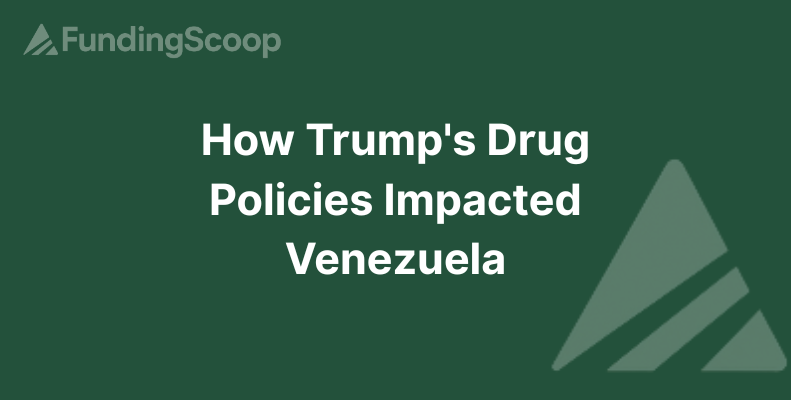
How Trump's Drug Policies Impacted Venezuela
Nina Domingo
The blog discusses the intricate and controversial influence of international drug policies on Venezuela, specifically under Trump's administration. High-profile enforcement actions have led to significant legal battles and have affected Venezuela's socio-political landscape. While these efforts have disrupted drug trafficking, they face criticism for potential overreach and collateral damage. The evolving legal cases in Venezuela may reshape international law and policy on drug trafficking. Balancing enforcement with empathy remains a crucial global challenge.
Let's be real for a second—navigating the world of international drug policy is like trying to dance the tango in a crowded room. It’s complex, often controversial, and everyone seems to have their own spin on 'the right way' to do it. One country caught in the whirlwind of these dynamics is Venezuela, especially under the sway of former US President Trump's policies.
In recent years, Venezuela has been in the throes of a tumultuous drug war, heavily influenced by decisions made far beyond its borders. Trump's administration implemented a series of aggressive enforcement actions, aiming to clamp down on drug trafficking that surged across the region. But here's what matters—these efforts have sparked significant legal battles and policy shifts that continue to shape Venezuela's socio-political landscape today.
The Wide-Reaching Arm of Policy
What I'm seeing is a revolutionary approach to enforcement. Under Trump's watch, high-profile enforcement actions were the name of the game. But while some hailed these moves as necessary crackdowns, others argued they were overreaching, igniting controversy both domestically and internationally. For more insights, you can check the latest analyses on the The Guardian.
And honestly? There's merit to both sides. Those in support point to the immediate impacts—major seizures and disruptions of drug trafficking operations. However, critics highlight the collateral damage these actions inflict, where sweeping measures sometimes overlook deeper, systemic issues, leaving behind a trail of humanitarian concerns that often don’t make headline news.
The Legal Battlefield
Here’s where it gets even more interesting: the courts. Across Venezuela, legal battles have erupted as a direct consequence of these enforcement strategies. These battles are not just about wins and losses—they're about defining the boundaries of international law and national sovereignty. As I often tell founders in the startup world: the rules you play by are just as critical as the game itself.
With major cases drawing international scrutiny, what unfolds in these courtrooms could very well rewrite future policies—not just for Venezuela, but for how nations view drug trafficking through a legal lens.
My Take
In my experience covering various international policies, one constant remains: context matters more than we'd like to admit. The perceived effectiveness of these drug wars often boils down to differing perspectives on who benefits and who bears the brunt. As countries adjust their strategies, I can't help but be optimistic that we'll see more balanced approaches in the future. The real challenge is in striking that elusive balance between enforcement and empathy, a task that grows more crucial as these issues become more globalized.
So, here’s the million-pound question: Do these policies really advance the cause, or do they risk deepening existing divides? That's something decision-makers will need to grapple with moving forward, and it's a question that merits reflection.


